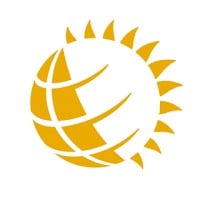
Sun Life
Sun Life is a leading financial services organization dedicated to helping people achieve lifetime financial security and live healthier lives. We provide a wide range of insurance and investment products and services in key markets around the world including Canada, the United States, the United Kingdom, Hong Kong, the Philippines and Indonesia. At Sun Life, we have more than 34,000 employees and 112,900 advisors worldwide. Websites: Canada www.sunlife.ca/en/ US www.sunlife.com/us/en/ Vietnam www.sunlife.com.vn Hong Kong www.sunlife.com.hk Indonesia www.sunlife.co.id Malaysia www.sunlife.com.my Philippines www.sunlife.com.ph






